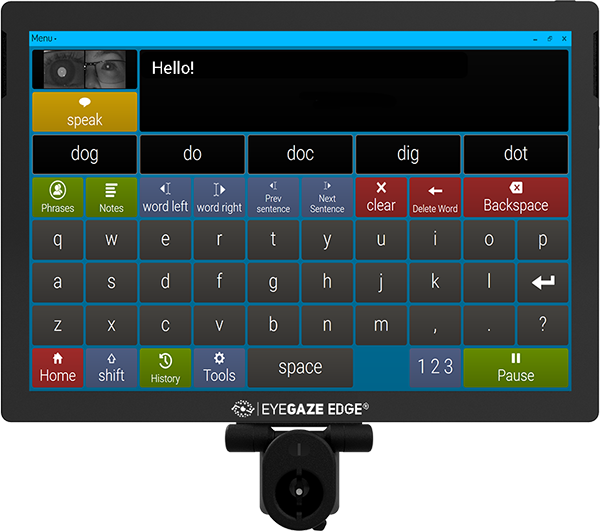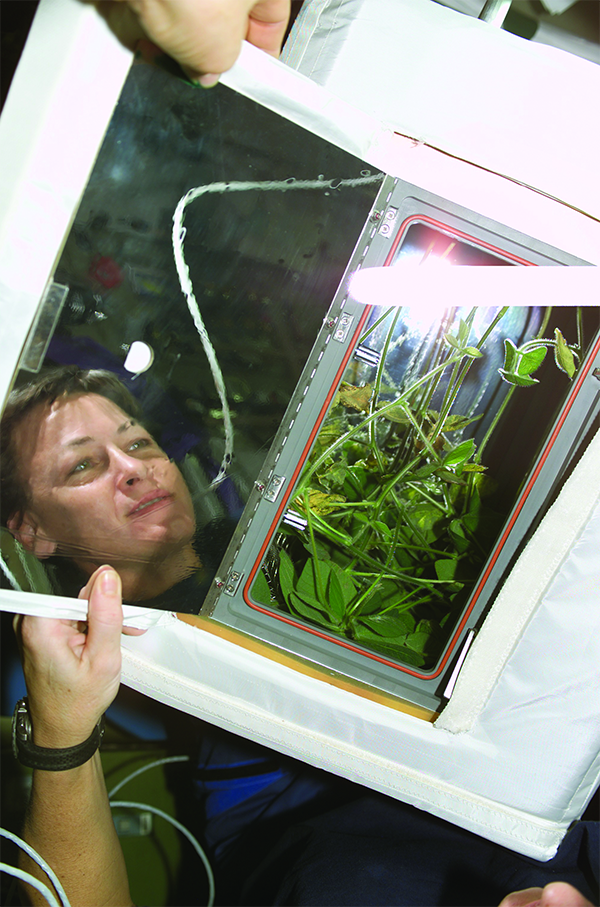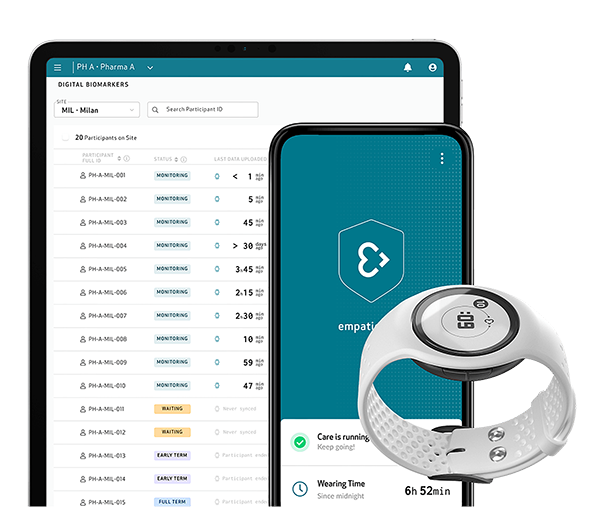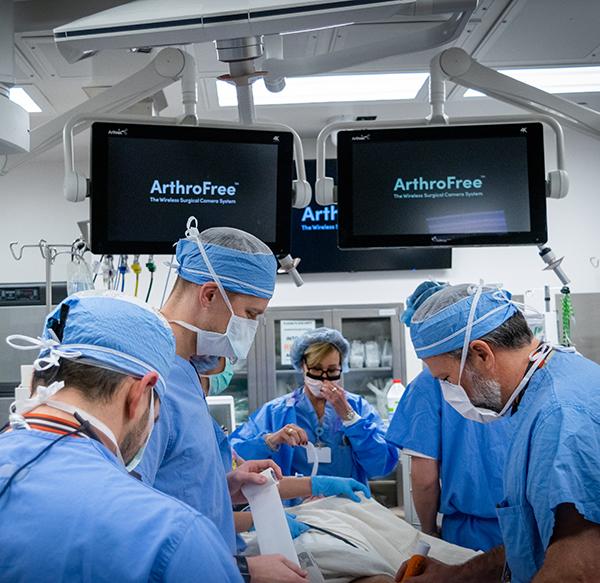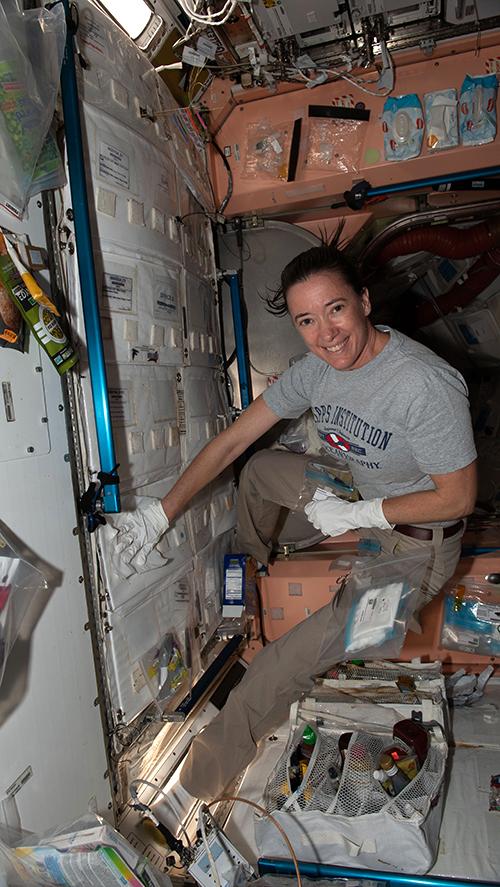
Stress Prediction System
NASA wanted to know how astronauts' bodies would react under various gravitational pulls and space suit weights. Under contract to NASA, the University of Michigan's Center for Ergonomics developed a model capable of predicting what type of stress and what degree of load a body could stand. The algorithm generated was commercialized with the ISTU (Isometric Strength Testing Unit) Functional Capacity Evaluation System, which simulates tasks such as lifting a heavy box or pushing a cart and evaluates the exertion expended. It also identifies the muscle group that limits the subject's performance. It is an effective tool of personnel evaluation, selection and job redesign.
Full article: http://hdl.handle.net/hdl:2060/20020078414

Stress Prediction System

Stress Prediction System







